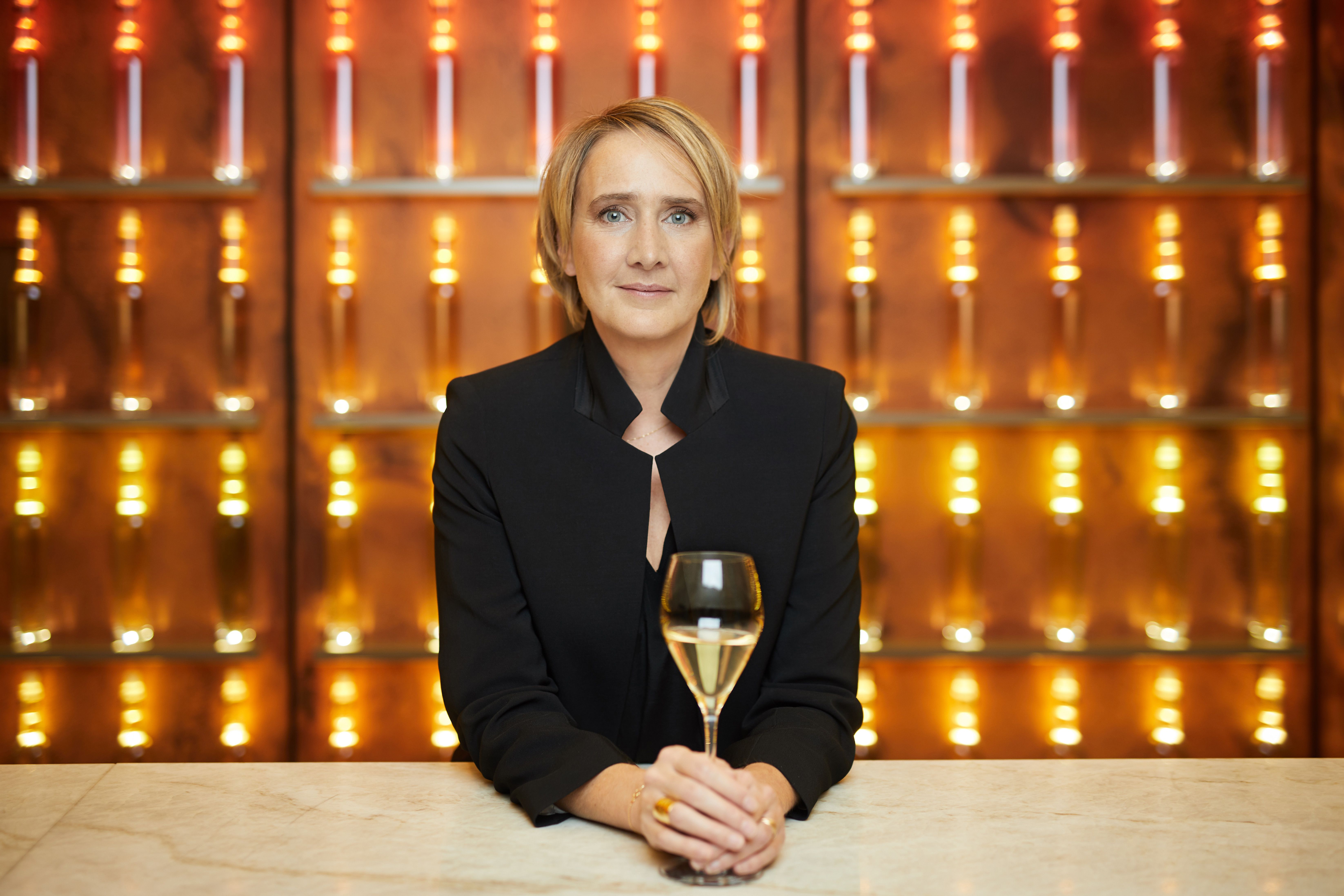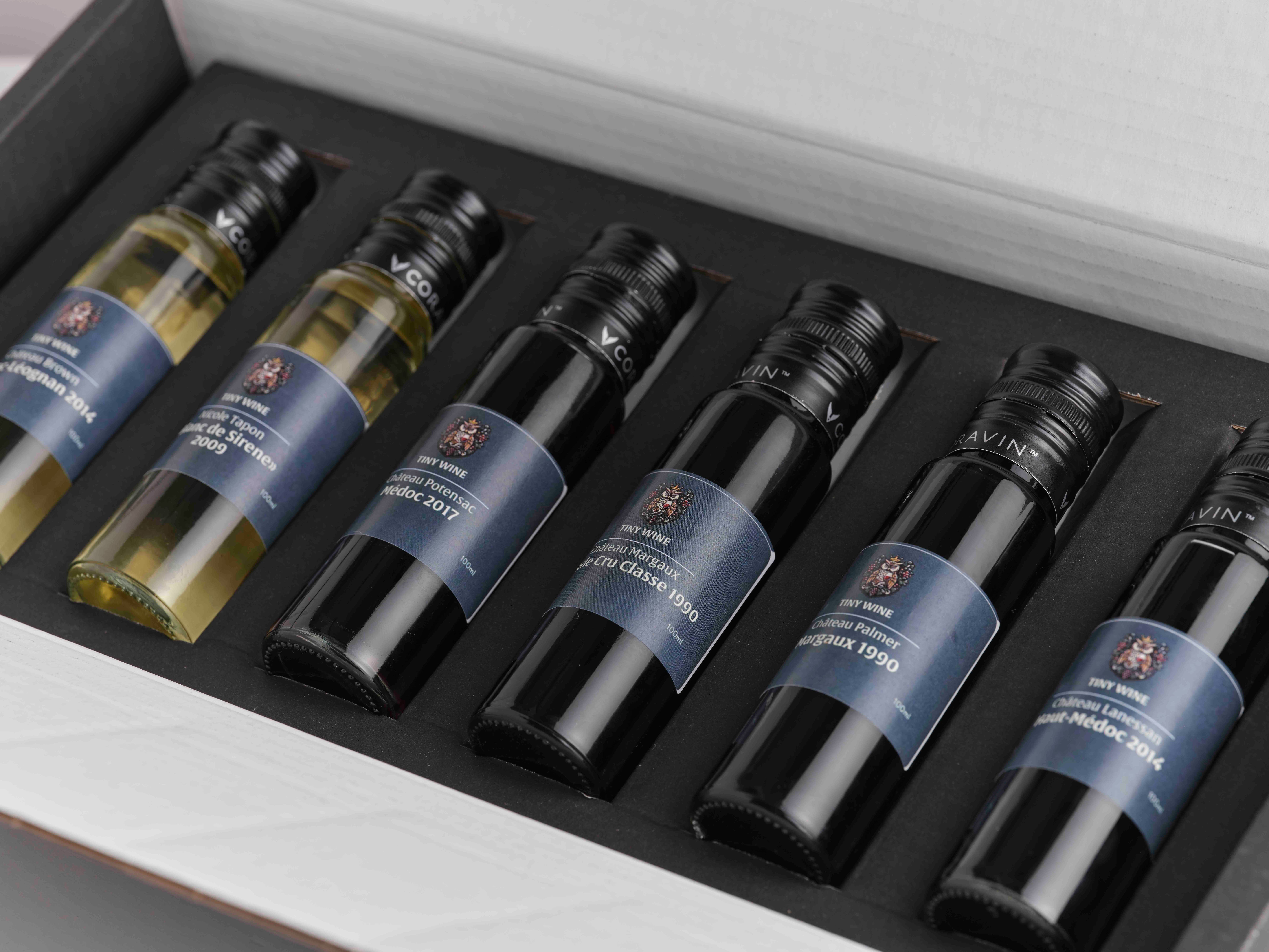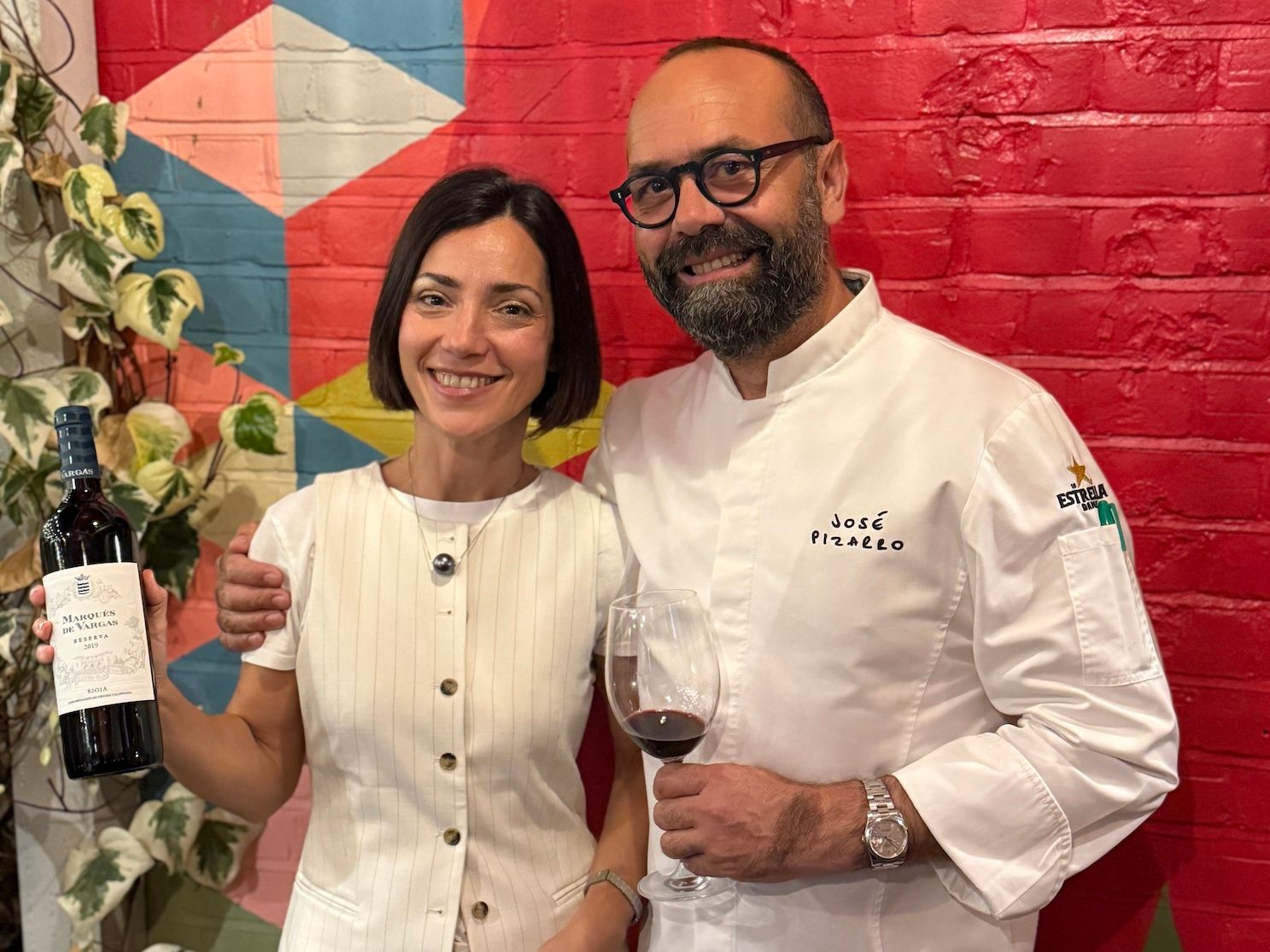If you are working for any wine company that is involved in selling wine at the fast moving, commercial end of the market then bulk and private label wine is a sector you have to be both in, and on top of, as last week’s IBWSS event showed.
Look around you and some things are just made to go together. Bacon and eggs, steak and kidney, cheese and onion, Morecambe & Wise and closer to home private label and bulk wine. Working in that sector might not raise quite as many laughs as those two, but if selling wine and making profits is what gets you up in the morning then they truly are wine’s greatest double act.
Yet listen to the wine purists and critics out there and you would think this was a partnership dreamt up in hell to sit alongside Cannon & Ball or tripe and onions.
Visitors to last week’s International Bulk Wine & Spirits Show in London, which returned to the capital for its second year, were left in no doubt just how much the two sectors rely on each other. In fact you would struggle to have one without the other.
“Transforming” the industry
You could go as far as to say the wine industry as we know it would not be of the same scale without the reliance of bulk wine. Particularly for those looking to supply the vast majority of the most commercially focused wines in the market.
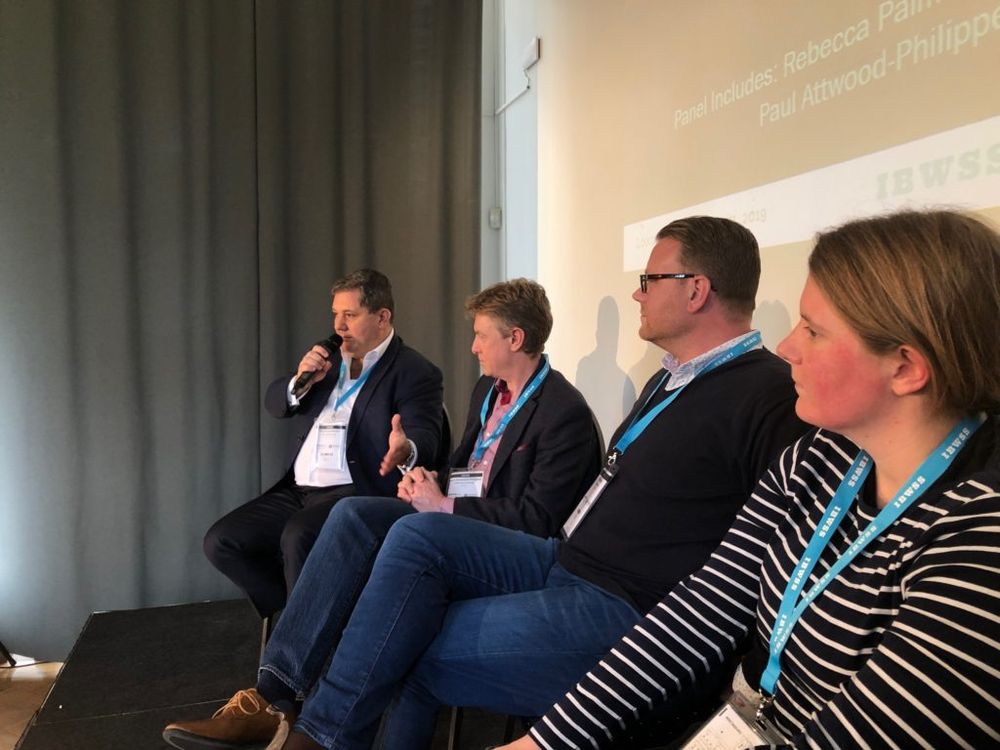
Paul Schaasfsma of Benchmark Drinks told the IBWSS that bulk wine has helped “transform” the UK wine industry
Paul Schaafsma is certainly someone well placed to know. He has spent virtually all his career working with major wine brands, most noticeably as chief executive of Accolade Wines, where he was in charge of Hardys, and now with his own business, Benchmark Drinks, which markets Graham Norton’s and Sir Ian Botham’swines. His assessment was clear enough – bulk wine has simply “transformed” the wine industry. He might have been talking specifically about the UK, but his point was equally valid for other major wine importing countries.
“With tricky harvests, bulk wines and in-UK bottling means brand owners and retailers can source more widely and give consumers wines that will satisfy them. UK bottling in bulk supply is fundamental to the UK wine trade, simple as that,” said Schaafsma, particularly if you are supplying a market where the majority of wine is sold between £5 an £7 and the efficiencies of scale offered by the bulk market are compelling. “Efficiencies in terms of packaging costs, bottling at 20% less than at source, the efficiencies of freight,” he added.
And to all those chirping from the sidelines who still have sniffy perceptions about the quality of bulk wine, then Schaafsma had harsh words for them. “If anyone has an issue with it [bulk wine] then they are probably not completely up to speed with what’s actually happening in the wineries and the quality of the latest technologies,” he said. “I don’t think it’s been an issue for the past eight to 10 years, frankly.”
“Given the different vintages we have and what is happening around the world, the ability for a buyer to change where they source their say supermarket dry red from and choose where the best opportunities are is fantastic. It allows the country with excess supply to find a sale, and keeps everything efficient.
“Thanks to new technological advances in both shipping and in bottling plants themselves, the wine can often actually benefit from being transported in large tankers rather than in individual bottles,” he added.
“Barry Dick’s MW dissertation on bulk wine proved the temperature change in bulk wine – which could change by as much as 2.5 degrees, was far less than in bottled wine, which experienced temperature fluctuations of up to 9.5 degrees centigrade,” pointed out Schaafsma. “We work with Greencroft Bottling (part of the Lanchester Group in Durham in north east England) and it’s like working with a different winery in terms of the technology and efficiencies they have. It’s better than a lot of packing facilities in country.”
Mark Roberts, director of sales at Lanchester Wines, which sits within the same group, said new technology was allowing it to work with more premium bulk wine levels. “When you talk about bulk wine, we are seeing more interest in higher quality wines and blends, and people’s expectations of bulk is far higher than it was,” he said.
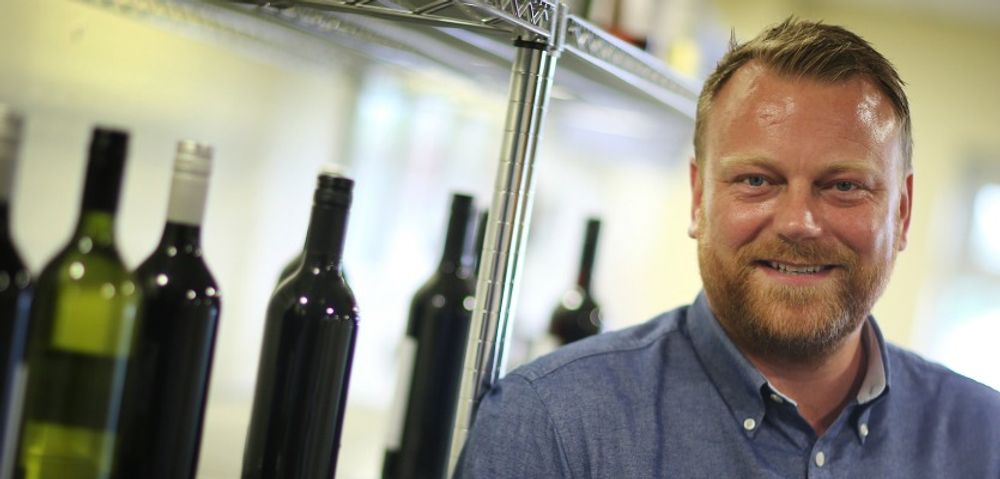
Mark Roberts sees private label help to push price points made from bulk wine ever higher
Point of difference
Which, in turn, is having a major knock-on effect on what bulk wine is being used for. In particular, the scope and flexibility and potential it now gives to retailers, wholesalers, specialist wine merchants and restaurants to really up the ante when it comes to private label.
This year’s event picked up from the first IBWSS conference last year when Morrisons’s wine sourcing manager, Clive Donaldson, said that if he had a gap in his wine range, he would automatically think of filling it with private label first.
“I do not want any duplication in my range. Everything that is there is there I have a very clear reason why,” he told IBWSS. “If we want to make something different then we can bespoke a wine to exactly how we want it…For me bulk wine is like getting a tailored suit. It’s the perfect fit for me and my retail environment.”
He also echoed at the time the point raised by Schaafsma 12 months later. Namely bulk and private label is at the heart of what major multiples do and woe betide any supplier, producer who does not realise that. “If a wine supplier, importer or agency business wants to work with a supermarket like Morrisons then they need to understand exactly how it works and what it needs for its customers,” he said.

Majestic’s Beth Pearce
Beth Pearce, wine buyer at Majestic Wine, the largest specialist wine drinks retailer in the UK, told IBWSS that its range was now around 50/50 in terms of private label and producer only wines. A private label range that continues to grow in significance and quality as it introduces more wines to its different tiers: Majestic Loves for more entry level varietal wines; Definition, which is the retailer’s definitive premium style for different grape varieties; and its Parcel Series, which allows it to work with some of its more premium producers on exclusive quality wines.
Private label is key to its growth strategy as it gives it better control over its own supply chain, ensures quality control and offers better margins, said Pearce.
“We probably do think private label first because of the importance of long term security of supply at a certain price and quality that we need,” she added. “Our main private label range, Definition, in which we define the world’s greatest wine styles, we are relying on Majestic as the brand – a name consumers trust – and allow them to explore the world of wines with confidence.”
“When it comes to a slot in our range, we have to think whether a customer is going to better respond to a private label or a producer brand.” For example, when Majestic recently introduced a Gruner Vetliner, it thought long and hard about whether it would be branded as own label or producer led wine. “As the varietal is a bit out of the ordinary for mainstream consumers we decided to list the wine in our own label Definition range, giving consumers the assurance of the Majestic brand,” she explained.
Widening choices
Not only can private label give nervous consumers confidence to try different wines, but going down the own label route through sourcing bulk wine also enables retailers to tweak their blends and create bespoke wines to meet their exact requirements. “For example, when it comes to our Zinfandel from the US, we buy a bulk wine that we blend each year to create the wine that exactly matches our requirements,” said Pearce.
At the lower end of the market, Pearce admitted price was a crucial factor in deciding whether bottle at source or in the UK. “I guess price is the major one really, along with how much volume you are going to sell in a vintage and what price you can sell it. That will largely determine whether you ship in bulk or bottle at source.”
Even private label cynics would be encouraged to hear how the quality of bulk wine is now allowing chains such as Majestic to develop much more premium priced own label brands. She said Majestic was “trying to push the boundaries a bit” with it range. The most expensive bulk wine listed by the chain is from the US and retails at around £15 under the Parcel Series range. “We might buy stock from a producer who doesn’t want their name on the label, and are working with quality-focused bottlers, and trying to push the boundaries a bit to see if we can achieve higher sales,” she said. “It enables us to provide great value for our customers and blend exactly the wine we want.”
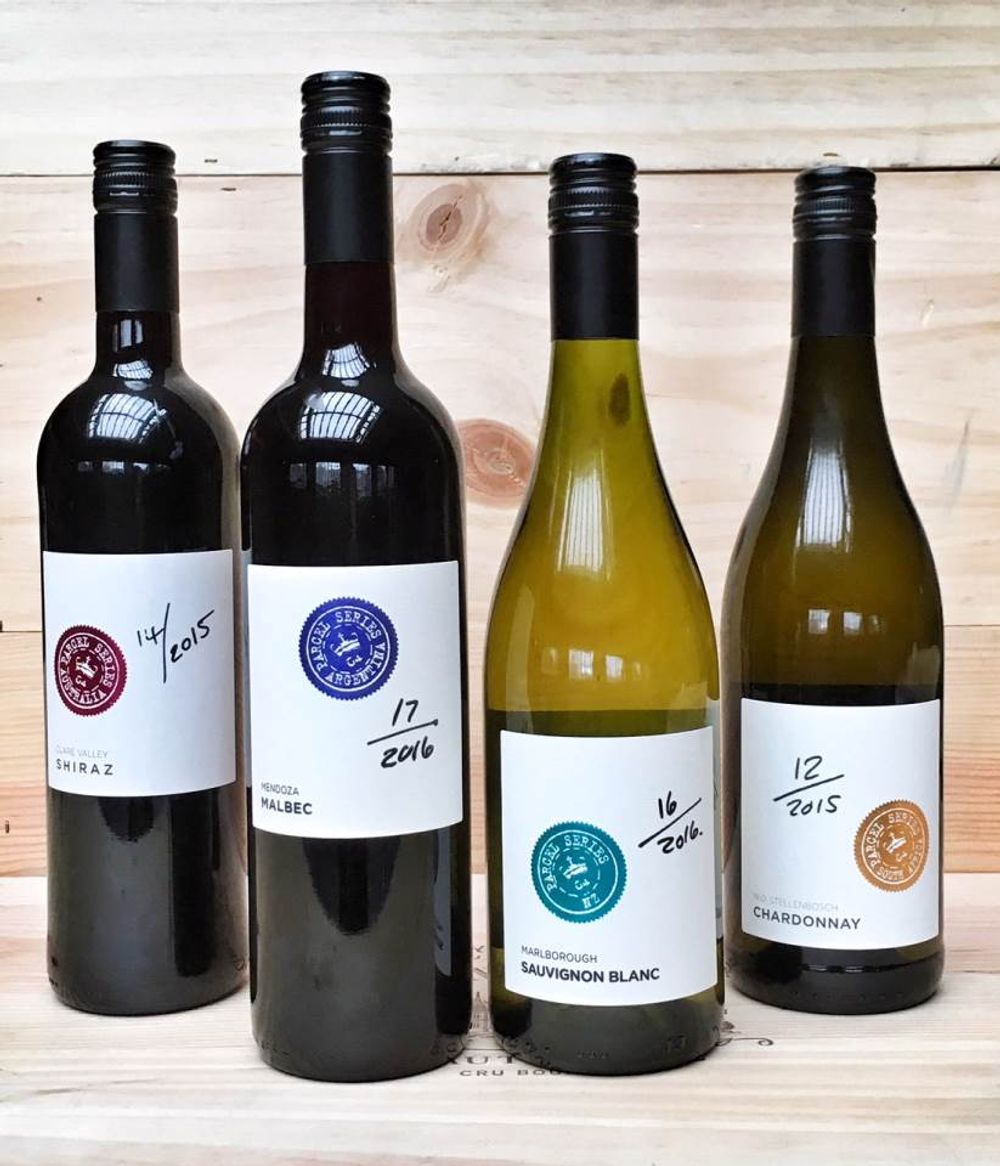
Majestic is working with prestigious producers to create its Parcel Series of wines
It’s a delicate balancing act for those producers over whether they have their name on the label or not. Pearce would prefer it if they did: “I do think you are losing a key part of what consumers are looking for, and missing out on a part of the story. Where is this wine made and who made it? I think private label brands are stronger if they have a bit of that origin and sense of place about them. But sometimes people like to hide behind that bulk label which contributes to the idea of it being a big of a dark art.”
However, with its Parcel Series, Majestic has actually made a virtue out of the fact the winemaker’s name is usually kept off the label. “We turn that into part of the marketing, saying we can’t possibly tell you who makes these wines, but trust us it’s someone great, making great wines,” said Pearce.
On-trade opportunities
Private label is also having an increasing role to play in the wines being offered in the on-trade, said Roberts at Lanchester Wines, where it can offer restaurant groups, chains and regional wholesalers a real point of difference.
Here the emphasis is constantly raising the bar, and whilst yes some will be at the house wine level and a bit above, there is also a real expectation that they will look good, with great, cool designs, and quality labelling and innovation all along the way, said Roberts.
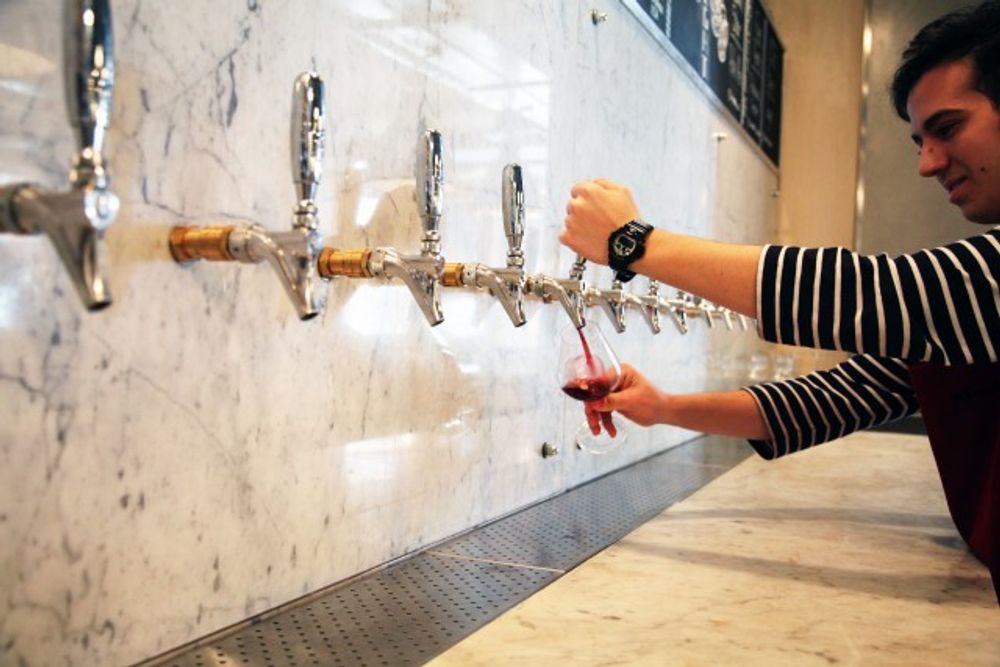
Borough Wines is working with Pizza Pilgrims on a series of wines by the tap from its keg wine service
IBWSS also heard from independent merchants and smaller on-trade players about how private label sourced from bulk wine is giving them an edge in their respective markets. Borough Wines in London, for example, is offering a wholesale keg wine service to its on-trade customers, where it ships in wine in bulk, and then transfers it to 25 litre renewable kegs to be served on tap in restaurants and bars.
Providing key customers, like Pizza Pilgrims, with their own wine that they can proudly put their name on, said Borough’s Nick Beck. “People expect wine on tap to be at house level, but you can use far more premium wines and have quite a wide range,” he added. With around £1 a bottle equivalent saving on the wine in keg.
But it is one thing supplying the wine, you also then have to offer a full back up service as well, be it with glassware, technical support, warned Beck.
You also need to tie down the amount of volume you are going to get from your suppliers, now and in the future, he added. “It’s a lot more involved than you think.”
Maturingmarket

Vinex’s Paul Attwood-Philippe forsees a time when major bottlers will be pushing their own private labels into other markets
Last week’s IBWSS also heard how sophisticated and mature the private label market is becoming, and as the quality improves and price points go up it is only natural an increasing number of players are diversifying and muscling into the market.
Paul Atwood-Phillipe, business development director Europe for VINEX.market, the bulk and bottled wine online trading site, said a key trend to follow is the number of bottlers who are now establishing their own private label brands in the process. This has been the case in the UK for some time, but it is also now a growing force across Europe.
“There is a move in mainland Europe towards commercialisation of their own brands,” he confirmed. “They feel they have the confidence in the raw materials and have their own commercial teams who are looking to break into the UK market with their own private labels. In the very near future you might see bottling facilities from Scandinavia and Germany with their own private labels being pushed into UK retailers.”
While private label takes up an increasing proportion of the UK market, there will always be a place for big brands, according to Schaafsma. “Own label is something consumers see as an opportunity and offer great value, and it is not going anywhere,” he said. “You only have to look at the effort the supermarkets put into their own private labels and the focus on the quality of their wines. It will always be a part of the portfolio.”
But it was also important to keep a balance between private label and brands, and warned of the danger of going too far in either direction. “We have seen supermarkets trying to do too much, there has to be a balance, and consumers will vote with their feet if they don’t like what they see. We have to make sure we drive the quality of private label products.”
- This is an adapted version of an article first published on VINEX.market, the bulk and bottled wine online trading site.


